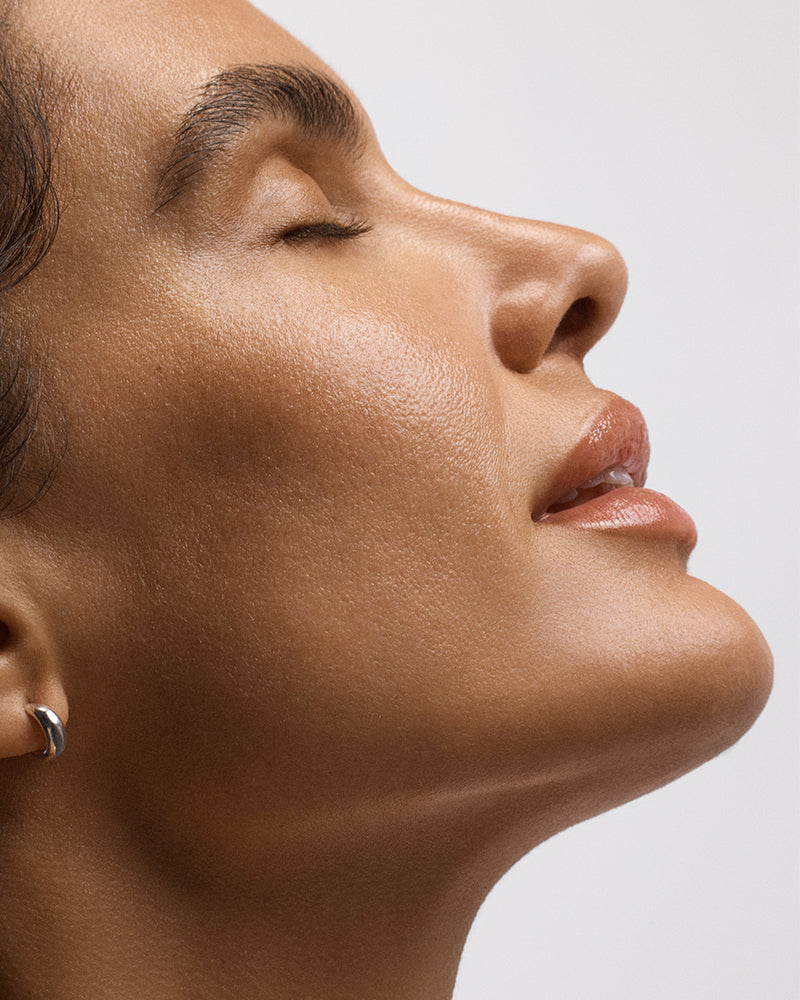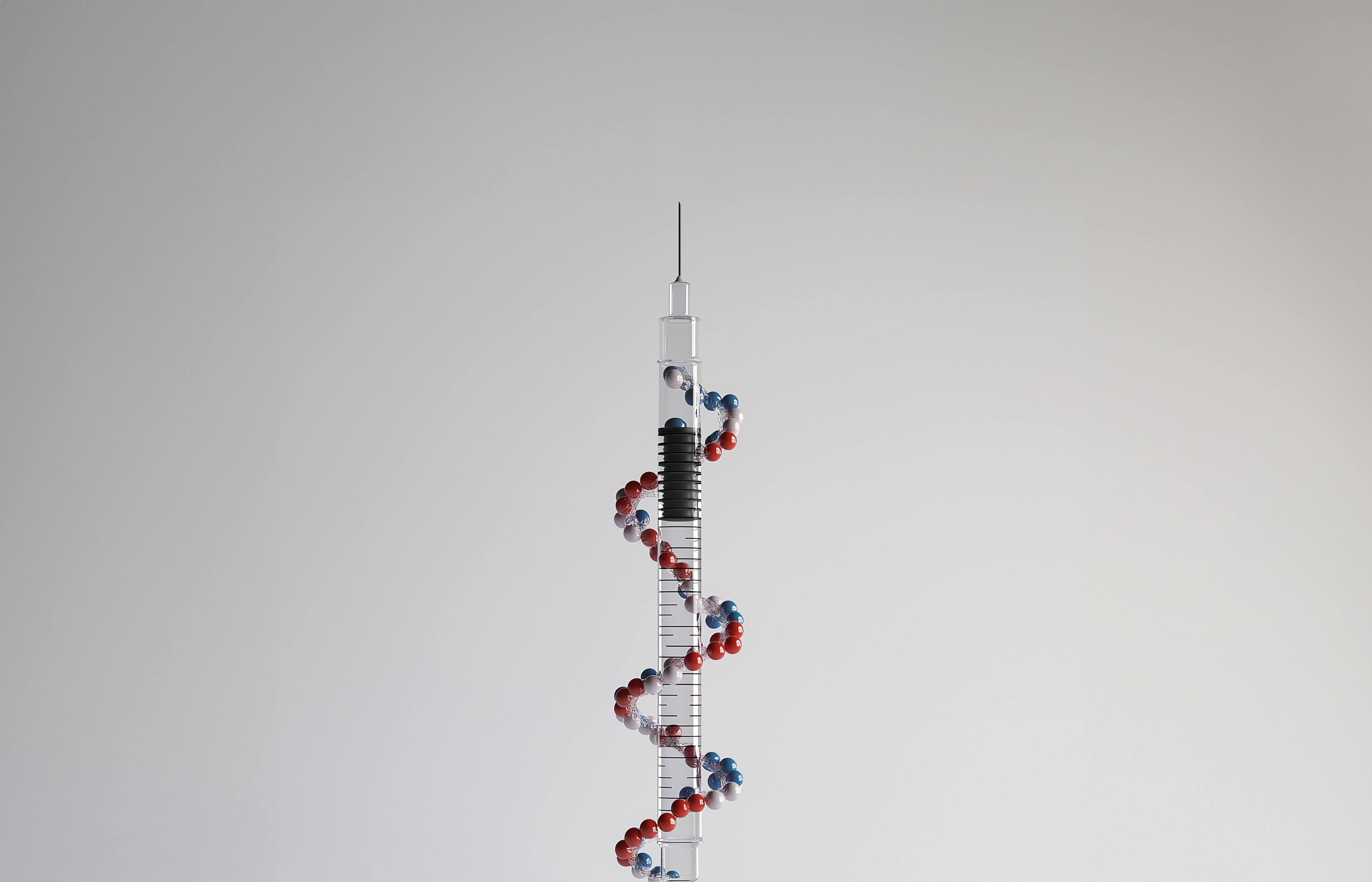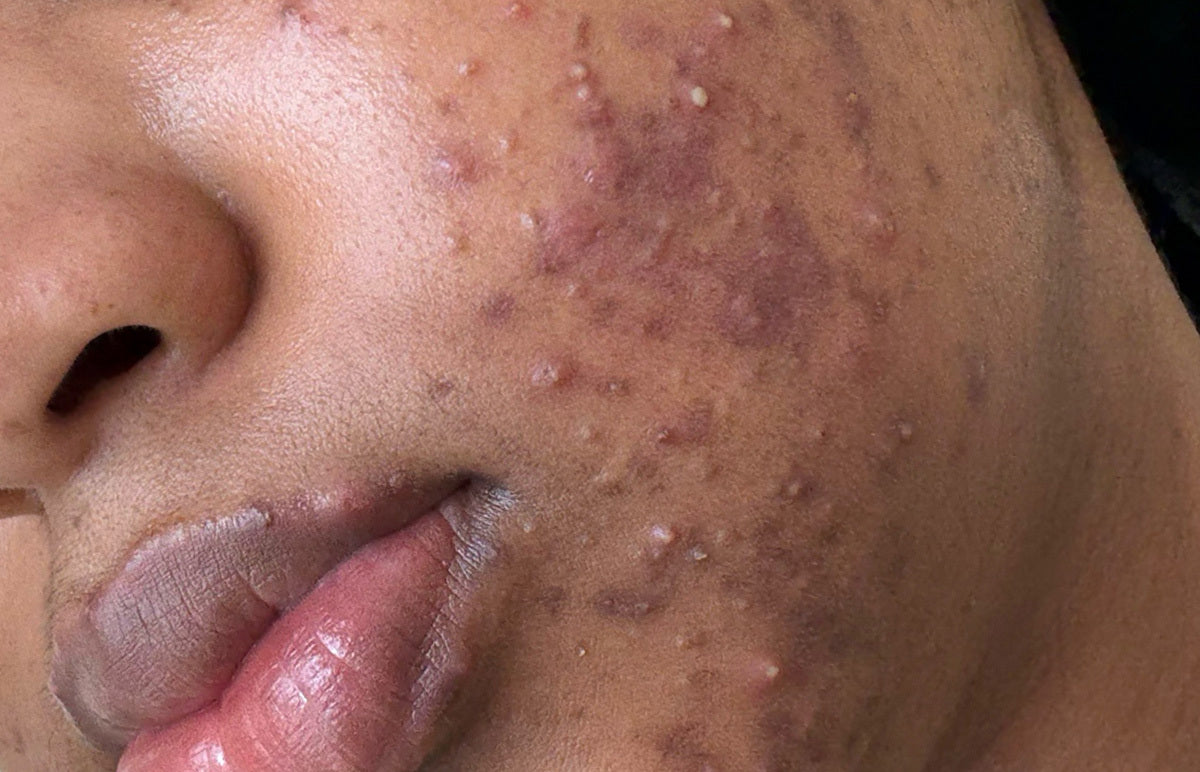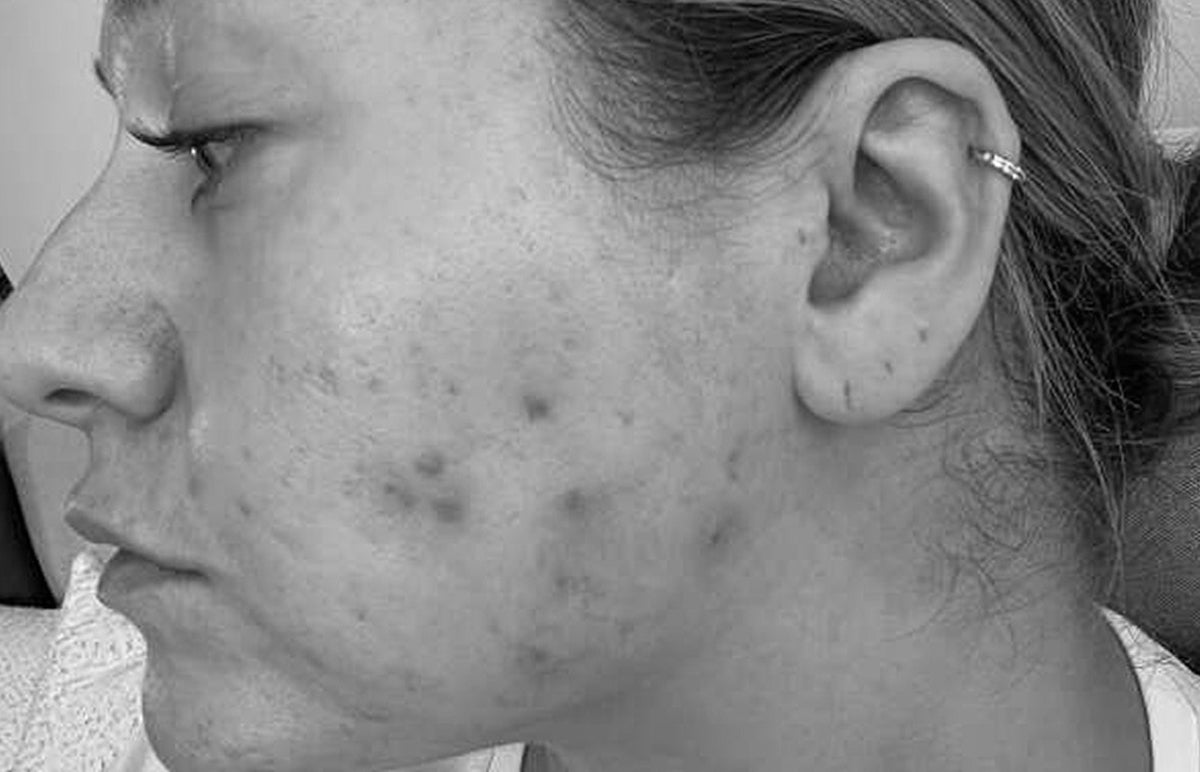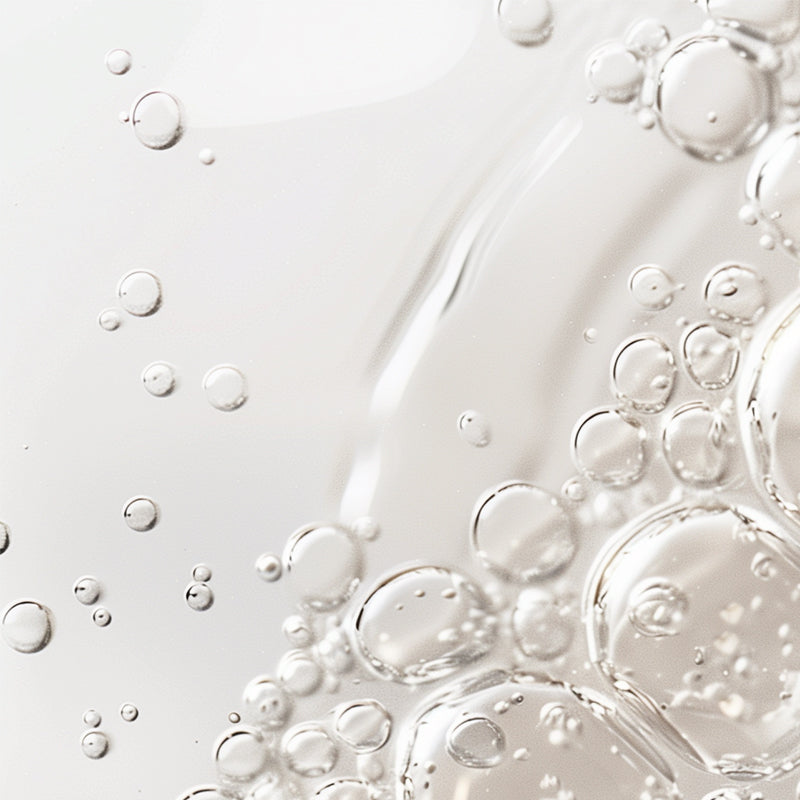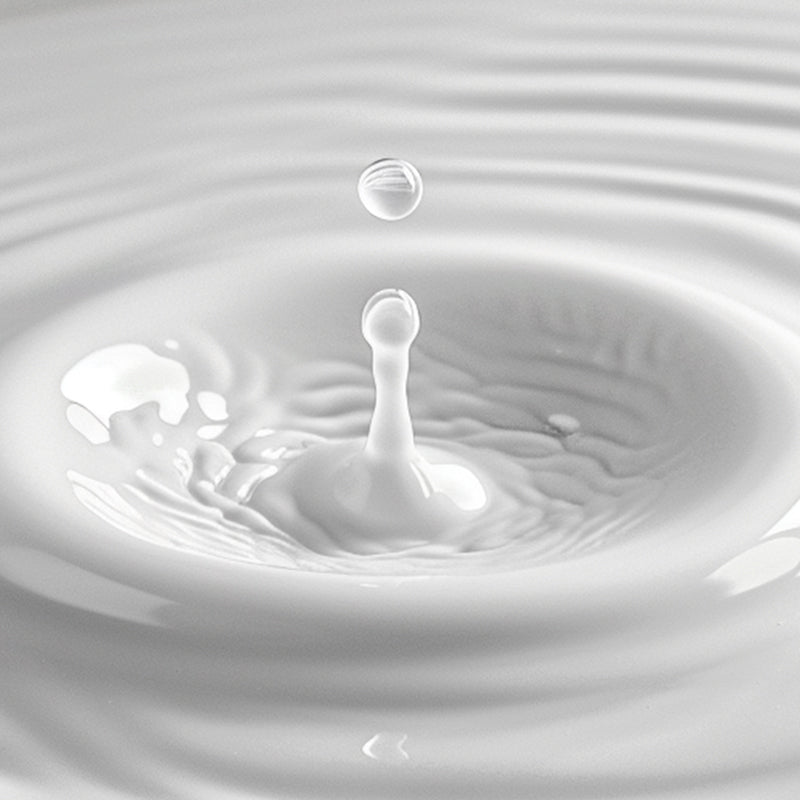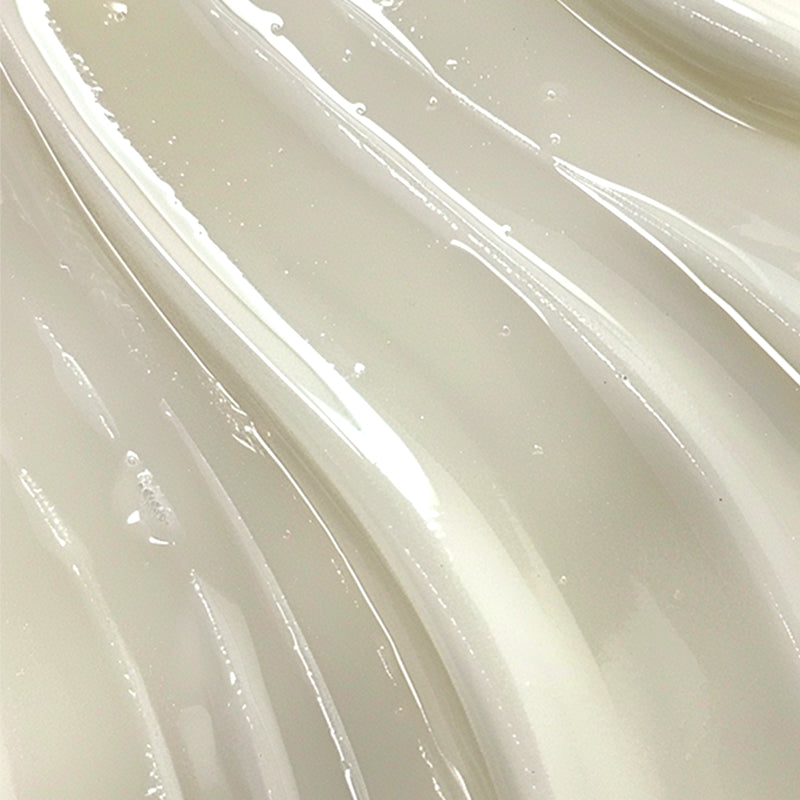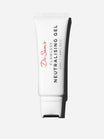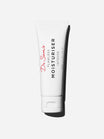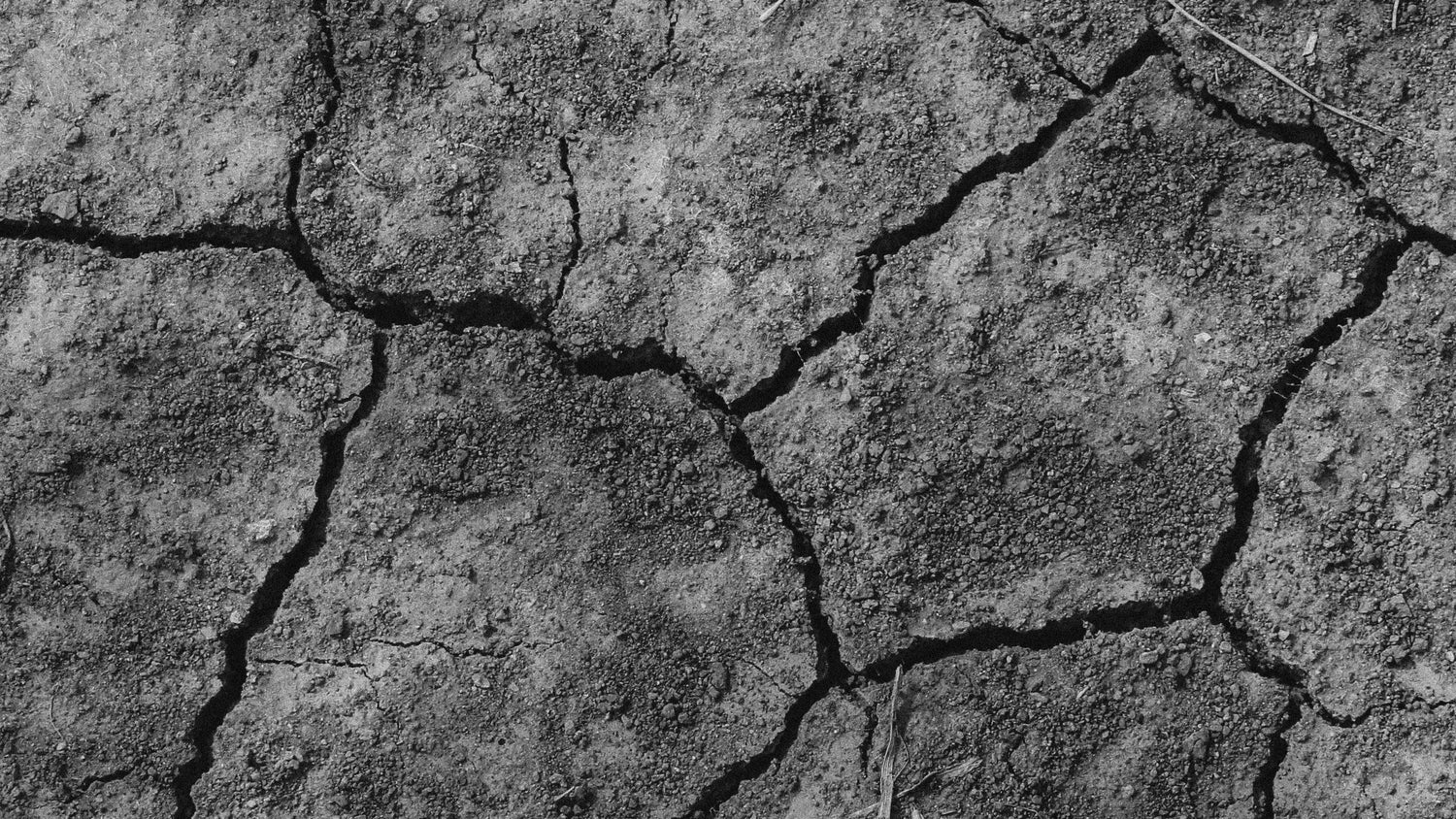Dehydrated skin is one of the most common skin concerns but is still often met with a lot of confusion. Dehydrated skin occurs when the skin lacks moisture in the surface layer - the epidermis. For our skin to function optimally, it needs adequate water content and without it, dead skin cells won’t exfoliate smoothly, leaving skin feeling dry and rough.
It’s important to know the difference between dry skin and dehydrated skin as the terms are often incorrectly used interchangeably, which makes it difficult to treat. Dry skin is a permanent state and is often referred to as a “skin type”. It’s caused by the lack of water and lipids (oils) in the skin and despite also feeling rough and tight, those with dry skin are often dry on other parts of the body.
By contrast, dehydrated skin is a temporary state and is caused by the lack of water, which can affect anyone - including oily skin types. It typically only occurs on the face and is largely a function of how we use skincare products.
Over-doing active ingredients, using harsh products and seasonal weather changes can all affect your skin’s hydration levels but thankfully treating dehydration and achieving juicy, smooth, glowing skin is all within reach with my five easy steps.
Dehydration Hack #1 - Declutter Your Skincare
Cut back on products and have a skincare fast. Declutter your bathroom shelf to get rid of the temptation to hop (a common cause of dehydration) but also remove products that might exacerbate dehydrated skin, such as active toners, physical exfoliants and acids that are just too harsh.
If you feel guilty seeing all the products you’ve invested in but don’t want to see them go to waste, you can donate them to the charity Beauty Banks instead!
Dehydration Hack #2 - Check the air at home
Given that we’re increasingly working from home, it could be hugely beneficial to monitor your working environment, even if it is your kitchen table! Air conditioning and central heating remove a large amount of moisture from the air, which in turn has a drying effect on the skin.
Using a humidifier will help pull moisture back into the air to improve dry, itchy skin and help it remain hydrated. Keep it in the room you work from or use overnight in the bedroom for best results.
Dehydration Hack #3 - Amp up these ingredients
Occlusives and barrier-repair ingredients are the key to optimum hydration as they help to reduce trans-epidermal water loss.
Occlusives are moisturizing agents that work by forming a protective layer on the surface of your skin, creating a barrier to prevent moisture loss. Effective ingredients to look for include shea butter, squalane, mineral oil and silicones for non pore-clogging support for your skin.
Barrier-repair ingredients help to repair, restore and strengthen your protective outer layer. Ingredients such as ceramides and niacinamide are well-tolerated by most skin types and are easily found in serums or moisturisers.
Dehydration Hack #4 - Adjust with the seasons
Just like your wardrobe, you should adjust your skincare for the season. If you’re heading into colder climates, it’s a great time to remove any ingredients that might be negatively impacting your skin barrier function. This is especially important if you have rosacea or sensitive skin as dry, cold air can often be a trigger.
Switch out products that contain drying alcohols and fragrance and consider lowering the potency of your actives if your skin is looking lacklustre.
Dehydration Hack #5 - Be Consistent
With the majority of skincare, you can’t expect to see instant results. To see visible results, you often have to wait several weeks, in line with your regenerative skin cell cycle.
Consistency with your skincare will always remain essential to its effectiveness. Give products sufficient time to see results rather than product-hopping and continually trying new things in the hope of an overnight miracle.
A routine with a good foundation should be built upon rather than changed dramatically all the time. Skin does not “get used” to skincare - this just means whatever you were using wasn’t efficacious in the first place.
Need to repair your skin barrier? Here’s how.


